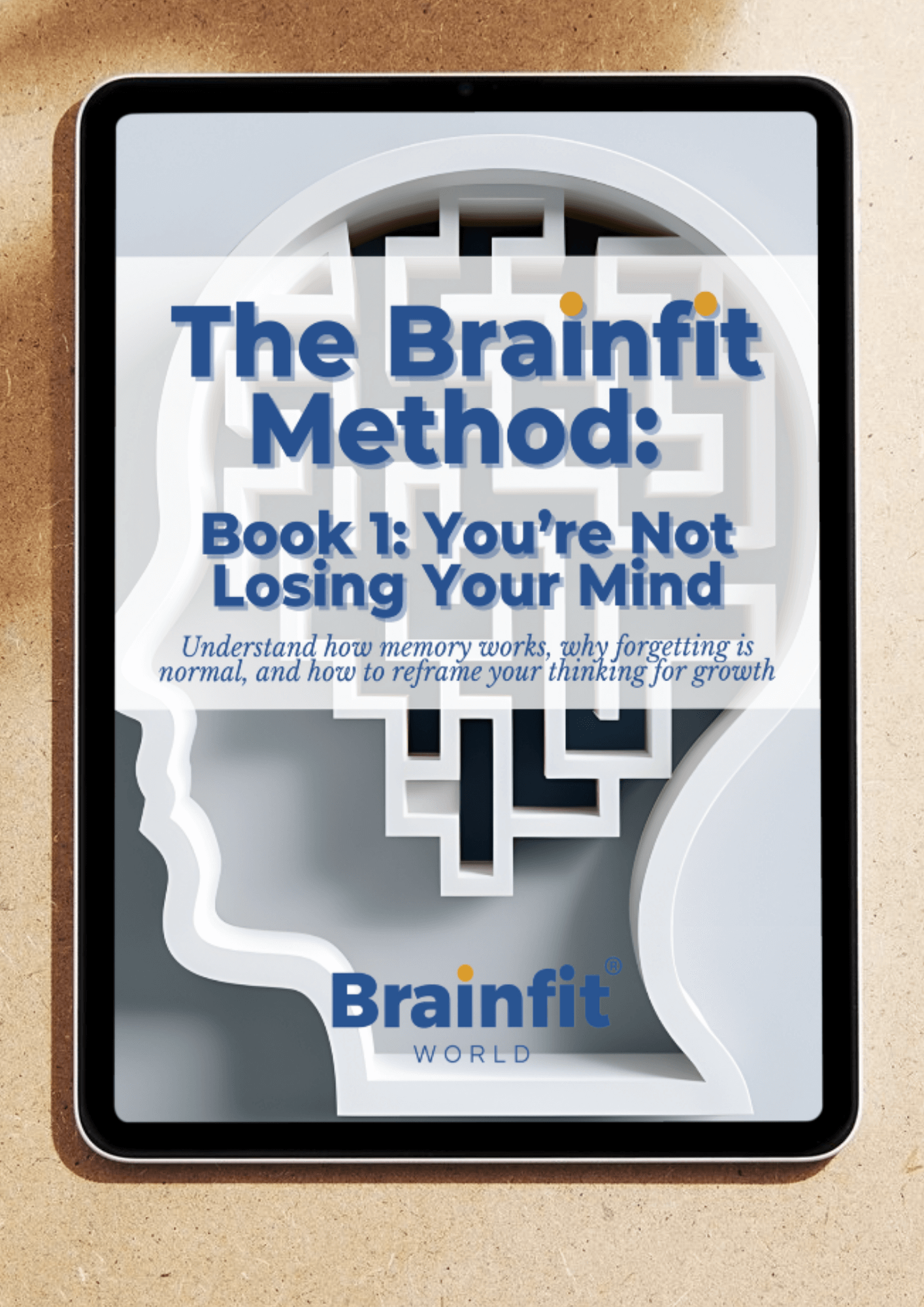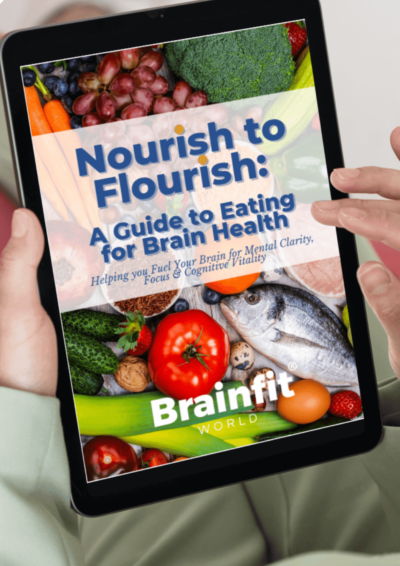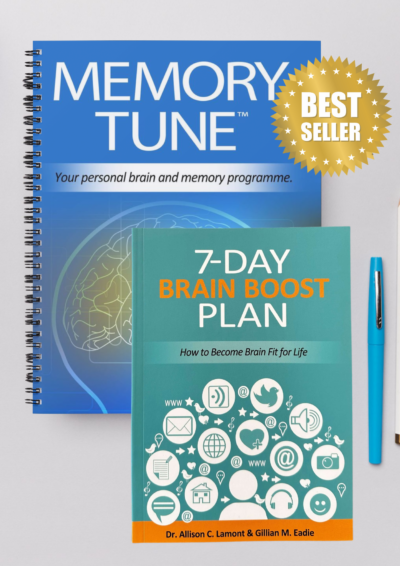
Never forget again!
Everyone wants a sharp memory.
And an alert brain.
Trouble is, most want it to happen without actually having to do anything!
And they want it NOW.
Well, there are some quick fixes you can do today.
(And hints about ways of doing things for longer term improvement).
You don’t have to accept forgetfulness as a way of life even if you are entering your 50’s and 60’s.
Scientists have now shown that building up a `cognitive reserve’ will give you a buffer against memory loss of the minor kind and may even delay the onset of actual memory diseases like Alzheimer’s and other forms of dementia.
So, here’s the plan:
1. Believe that you have a good memory that can and will improve. Too many people let themselves off the hook by saying things like, ‘I’m no good with names’, “I’m having a senior moment’. And they leave it at that. Don’t let that be you. Persist until you remember whatever it was. Be determined and positive and be pleased with yourself when you succeed. Keep motivated and don’t say negative things about your memory.
2. Keep challenging your brain. Like any muscle in the body, regularly “exercising” the brain keeps it growing. New nerve connections develop and they improve your chance of remembering. Complex tasks such as learning a new computer program, language or musical instrument—keep your brain active and improve its physiological functioning. Your brain can regrow!
3. Regular aerobic exercise of at least 20 minutes a day improves your circulation throughout the body, including in the brain, and can help ward off the memory loss that comes with aging. Exercise also makes you more alert and relaxed, so your mental processing will be more effective.
4. Reducing any serious stress you are experiencing will improve your memory. I know it is easier said than done but stretching, relaxation exercises and any form of meditation will allow for more effective thinking processes. While chronic stress does not physically damage the brain, it can make focus, observation and remembering much more difficult.
5. A healthy diet will support your healthy brain, and a well-nourished brain functions much more efficiently. Include in your diet, foods containing antioxidants, like broccoli, blueberries, green tea, spinach, and red berries as well as Omega-3 fatty acids. Your brain also needs Thiamine, Vitamin E, Niacin and Vitamin B-6. Grazing, eating 5 or 6 small meals throughout the day instead of 3 large meals, also seems to improve mental functioning (including memory) by counteracting dips in blood sugar, which may negatively affect the brain. Supplements often purport to improve memory but only ginkgo biloba and phosphatidylserine have shown improvements in clinical trials.
6. Consciously practise your skills of observation. Notice details. Ask questions. Express an interest and actively attempt to learn something new. I have been the world’s worst at noticing details but I am making a conscious effort to overcome this tendency because I have found the more precise attention I pay, the better I remember.
7. Give yourself at least seven seconds of processing to form a memory. Memories are very transitory in the short-term, and distractions can make you quickly forget something as simple as a phone number. Focus on what you want to remember without distractions, all the while noticing details, repeating or connecting the new information.
8. Use all of your senses when forming these connections. Create for yourself vivid, memorable images because you remember information more easily if you can visualize it. Some people imagine quite bizarre happenings to connect ideas – it is up to you!
9. Repetition is memory’s friend. The more times you hear, see, or think about something, the more likely you are to remember it. When you want to remember a phone number, url or your colleague’s birthday, repeat it, either out loud or silently. Try writing it down; recite it again in ten minutes and half an hour later.
10. Categorizing individual things, often called chunking, will help you remember seemingly random items on a list. Practice with your shopping list.
11. Get organized. Have a designated place for items that you frequently need, such as keys and wallet. Use an electronic organizer or daily planner to keep track of appointments, due dates for bills, and other tasks. Improved organization reduces distraction and improves concentration.
12. Getting a good night’s sleep – a minimum of seven hours a night – may improve your short-term memory and long-term relational memory, according to recent studies conducted at the Harvard Medical School.
 I’ll bet you can already tick-off at least half of these already!
I’ll bet you can already tick-off at least half of these already!
Find out more about different skills and techniques for remembering. Mnemonics, memory structures and graphic organizers will visibly improve your memory.Seven Second Memory Plus Six Other Powerful Memory Techniques: Rewire your brain for a youthful mind. will start you on your improving your brain. Try it now.
Try this exercise to improve your short-term memory.




